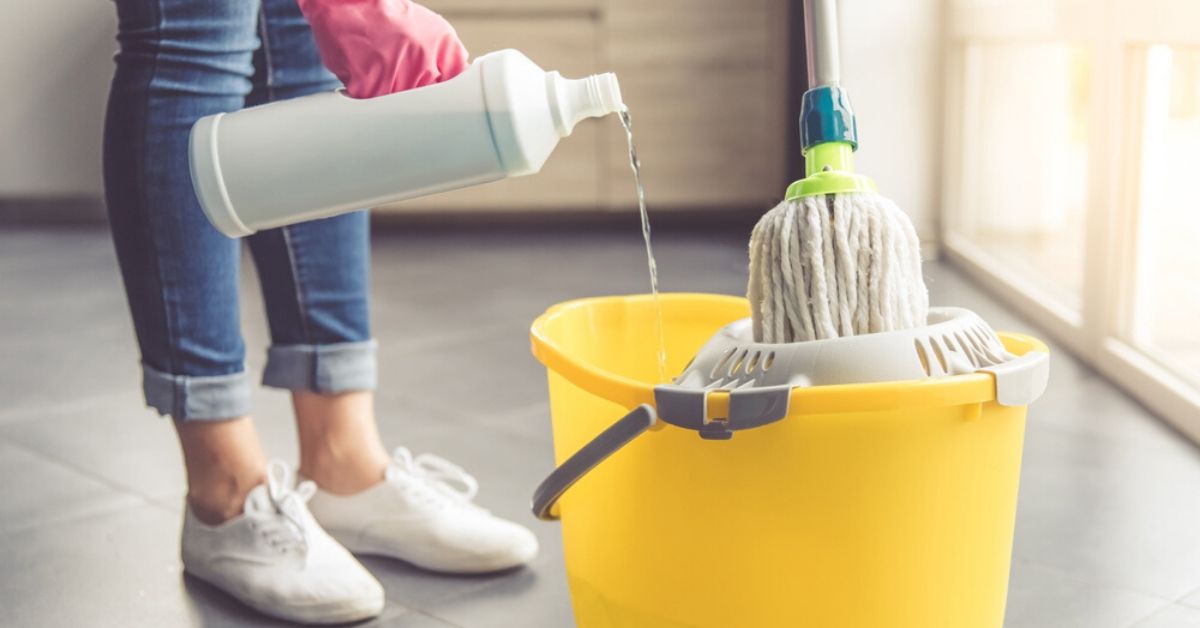Detergents are dear. Ask any housemaker. No household is complete without them. Detergents come in for almost everything we use: clothes, utensils, surfaces and floors.
Let’s decode what ‘detergents’ are:
Detergents are basically agents that remove undesirable dirt, grease or stains.
Now, they come in many types: for laundry, for dishwashing, for floors and for toilets. However, there’s enough evidence and more on how certain chemicals in these detergents have been wreaking havoc on humans and the environment.
One of the key ingredients in laundry detergents that’s super harmful are the surfactants. Surfactants essentially reduce the surface tension of water, allowing their cleaning components to penetrate the fabric and help loosen and wash off the grime off of your clothes. However, what’s worrisome is that some of this ingredient stays back on your clothes even if you have rinsed the cloth within an inch of its life.
We spoke to Taniya Golder, researcher at National Institute of Cholera and Enteric Diseases, about the health effects of these chemicals that get left behind: “Once you put on your clothes, and are out and about, the chemicals slowly keep transferring onto your skin and pores. These chemicals have proven to cause all sorts of problems such as skin and eye irritation, allergic reactions, and even cancer in some cases.”

Now, if you take the case of floor cleaners, the dangerous fumes from chemicals and some harmful ingredients like ammonia and bleach can cause skin burns, and even blindness if they come in contact with the eyes. Most companies suggest you wash your hands thoroughly after handling these: that’s because the toxic chemicals in them such as ethanol, isopropyl alcohol, lactic acid, perchloroethylene, triclosan, and 2-butoxyethanol are known to cause dermatitis (a condition that involves itchy, dry skin or swollen, reddened skin) if one’s exposed to them on a regular basis.
Then, there are the toilet cleaners – the ones that instantly give us sparkly, squeaky clean toilets without much fuss. When asked about the chemicals in them, Golder also added: “These are the worst of the lot, with highly corrosive and abrasive substances such as hydrochloric acid, sodium hydroxide and cetrimonium chloride that are definitely bad if they come in contact with the human skin, but are even more dangerous when they wash down our sewer pipes.” All the instances that we hear of perfectly normal lakes dying (the case of the frothing lakes of Bellandur and Varthur in Bengaluru are classic examples) is the result of the chemicals in our cleaners entering our water bodies.
Finally, our dishwashing liquids are not far behind as far as having hazardous health and environmental implications are concerned. If you ever see a little soap left on your dish after washing, do yourself a favour and wash it properly again, instead of just wiping it off. That’s because the chemicals such as disodium EDTA and phosphates are potentially hazardous when ingested.
It’s important that we pay heed to what we use for our cleaners and make informed, eco-friendly choices for a better today and a brighter tomorrow. Follow this link for more.
Also Read: Flushing Our Future: Home Cleaners Can Be The Reason Why a Lake is Burning
(Edited by Saiqua Sultan)
Like this story? Or have something to share? Write to us: contact@thebetterindia.com, or connect with us on Facebook and Twitter.
If you found our stories insightful, informative, or even just enjoyable, we invite you to consider making a voluntary payment to support the work we do at The Better India. Your contribution helps us continue producing quality content that educates, inspires, and drives positive change.
Choose one of the payment options below for your contribution-
By paying for the stories you value, you directly contribute to sustaining our efforts focused on making a difference in the world. Together, let's ensure that impactful stories continue to be told and shared, enriching lives and communities alike.
Thank you for your support. Here are some frequently asked questions you might find helpful to know why you are contributing?

